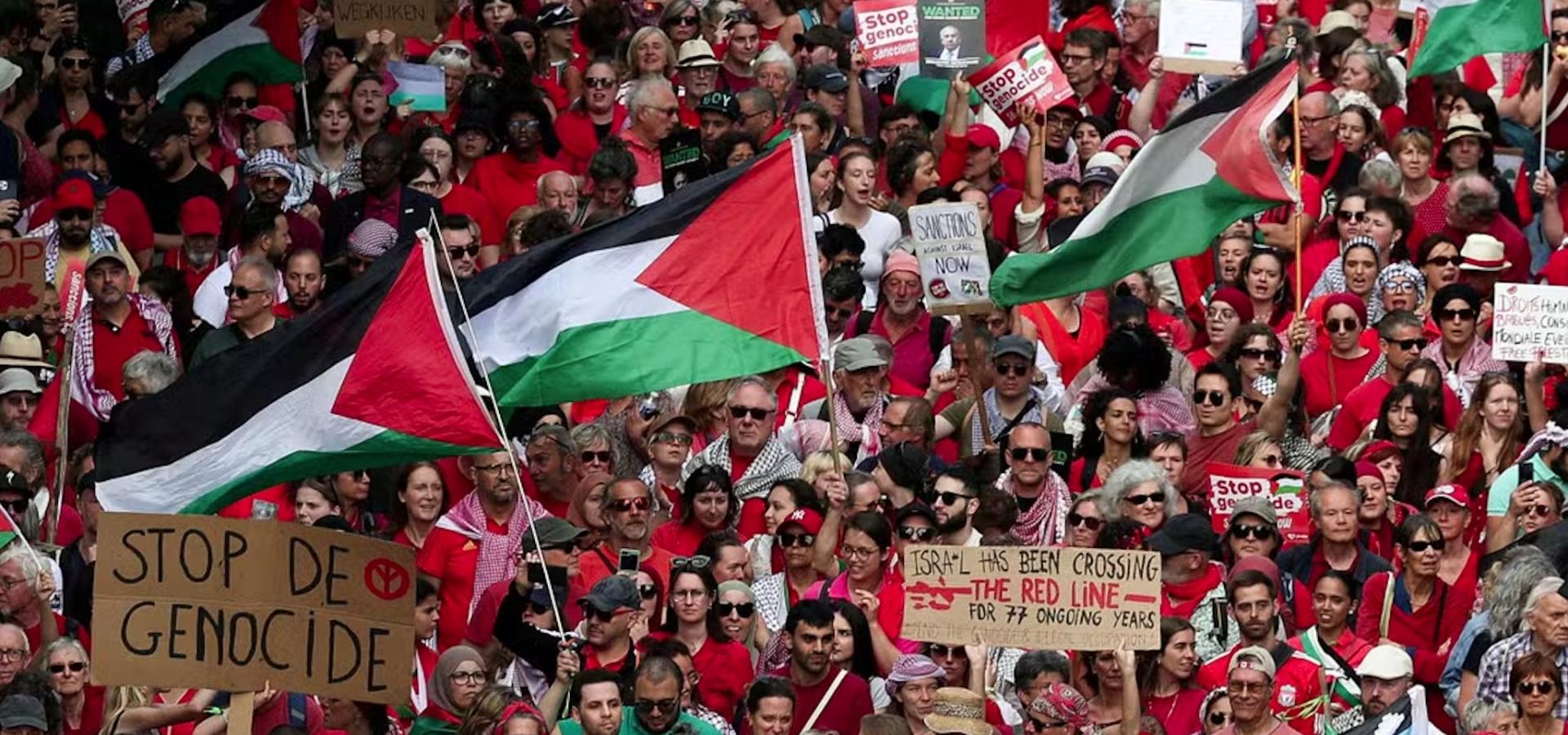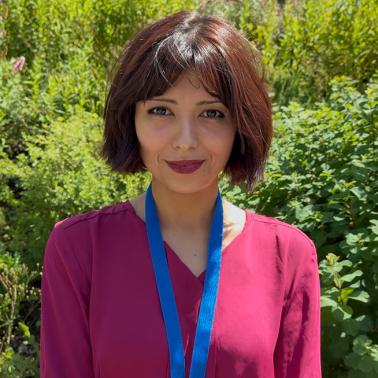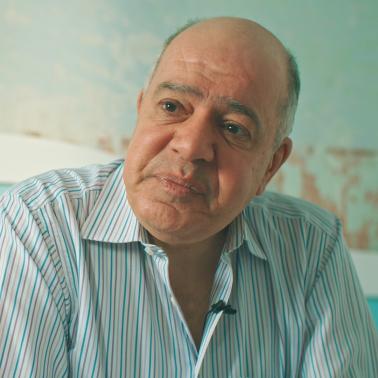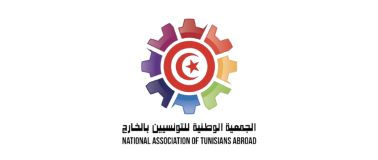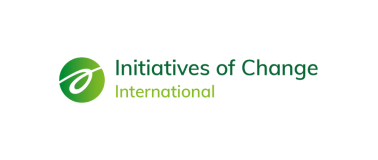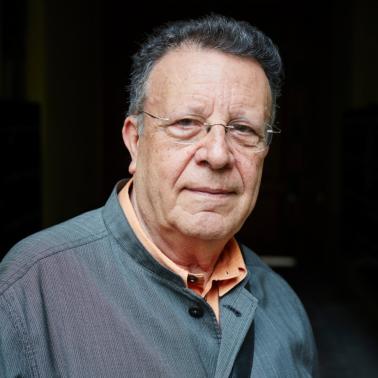
Gérard Haddad is a French writer, essayist, and psychiatrist, as well as an agricultural engineer and doctor of philosophy, born in 1940 in Tunis, Tunisia. He grew up immersed in the Judeo-Arab culture and the complexities of North African identity, which profoundly influenced his work.
Haddad is known for his contributions to the field of psychiatry, as well as for his reflections on culture and religion. His thought addresses themes such as identity, exile, and the relationships between Western and Arab cultures. As a writer, Haddad has often explored the human condition through narratives that blend autobiography and philosophical reflection.
Gérard Haddad is also recognized for his participation in public debates on secularism, identity, and intercultural dialogue. His work continues to be studied and discussed within the fields of the humanities and social sciences.
